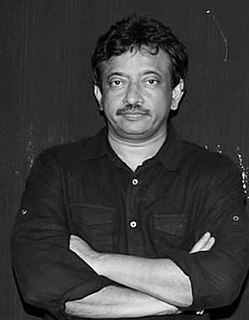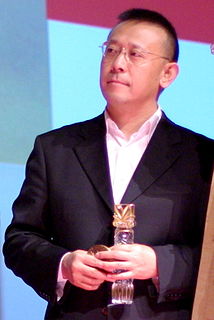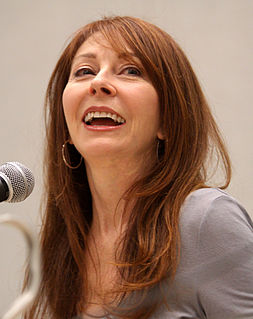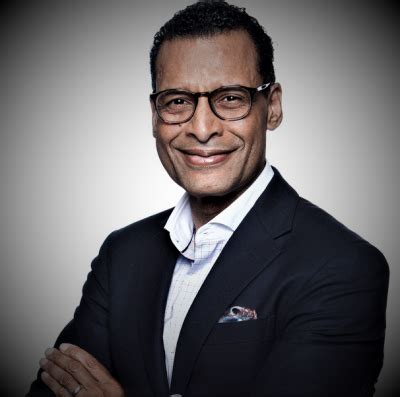A Quote by Isabelle Huppert
Once you have made the decision to do the film, once you have identified the desire and all the deep and personal, intimate, artistic reasons why you want to do the film, then it's more a matter of how to do things.
Related Quotes
I generally go into a movie with a very strong vision, with how I want to make the film, how I want to shoot the film, how I want to edit the movie, what I want the sound to sound like. So I have a very concrete idea even if I don't storyboard it, I know exactly what I want to do once I get into the sequence. Now having said that, I try not to let that slave me to the process. So if I do storyboard a sequence I don't necessarily stick to it if I discover more exciting things on set.
The core plot of 'Mercury' is so gripping that when I thought of making it as a silent film, it only made it more interesting. Once I finished writing the first draft, making a silent film that's both thrilling and engaging seemed possible. When the film team read the final script, they felt the same.
With a film you go with the script that's already written. And I've never thought of a project, a film that would come from my own desire. I don't think I can do it. I need someone else's desire to be able to do something. With a record, it is completely different, it's a collaboration with another artist, but I'm willing to go into intimate places with no masks on.
I left film because I felt that photography was my art. It was something I could do on my own, whereas film was so collaborative. I thought as a photographer I could make something that was artistic and that was mine, and I liked that. And it wasn't until I got back into film and I have very small crews and I could do very tiny filmmaking that wasn't 100 people that I still felt that I was making something artistic as a filmmaker. So, you know, I'm an artist, and whether it's photography or film, I want my voice to be there and I think my voice is very strong in this film.


































